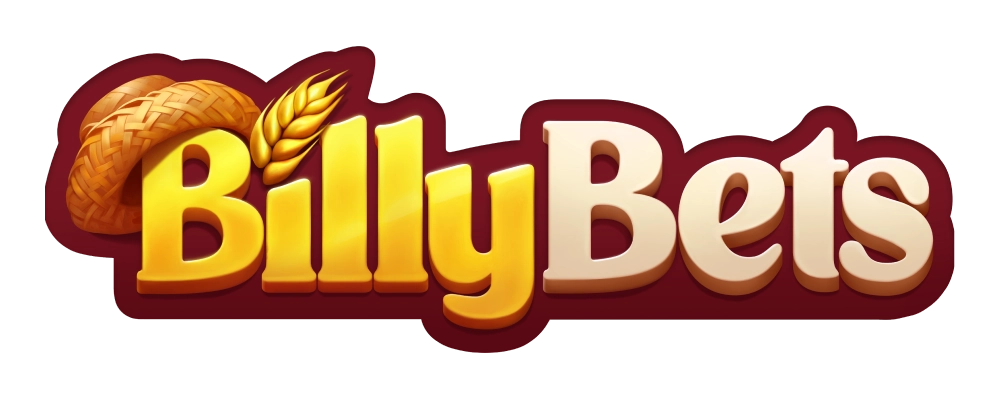It doesn’t matter if you like to wager a few dollars a year on your favorite online casino games or if you spend more, Canada is an excellent place for every online gambling enthusiast. Online gambling is legal in Canada as long as you use an offshore casino or a locally-licensed casino. Even better, you get to keep the winnings without sharing a percentage with the government. That’s right, it might appear unbelievable, but generally speaking, online gambling is tax-free in the Great White North. Still, there are some exceptions.
If you want to learn more about online gambling taxes in Canada, we invite you to read this guide to the end.
Offshore vs. Locally Regulated Online Casinos
Before we discuss the online gambling taxes in Canada, we should mention that Canadian players can use two types of online casinos based on their licenses and location. First, we have offshore gambling sites.
Simply put, these are online casinos based in foreign countries that accept players from Canada. Legally, this is a grey area, but Canadian players have been using these sites for many years without any legal consequences. Typically, these casino websites have licenses issued by the Government of Curacao.
Next, we have locally regulated online casinos. This is another grey legal area, at least for some provinces. Namely, the only province that has officially legalized online gambling is Ontario in 2022. The Alcohol and Gaming Commission of Ontario, under the supervision of iGaming Ontario, issues licenses to online casinos.
Several prominent international brands got permits recently. In the rest of the provinces, we have authorities like the Kahnawake Gaming Commission issuing similar licenses. Still, they are not recognized by the Canadian government.
Regardless of your choice, winnings from online gambling activities in Canada are not taxable in almost all cases. Some might argue that using an offshore casino might be a better idea because even if there are some changes in the law, these sites are based in foreign countries. They can only share information with the Canadian government if they are forced by their local governments. This is something that has never happened in the past for any reason.
To avoid any legal issues, it’s wise to read the terms and conditions available at the online casino you plan to use. As expected, it’s better to avoid gambling sites that list Canada as a prohibited country.
So, Who Pays Online Gambling Taxes in Canada?
If you’ve been reading our guide carefully, you’ve probably noticed that we mentioned specific situations in which online casino players might have to pay taxes. So, the only scenario that may involve the Canada Revenue Agency is when players are involved in this activity professionally.
So, your winnings may become taxable if you are considered a professional gambler. But what does a professional gambler mean? Technically, those who play poker, blackjack, or roulette, games where you need skills for a living, can be called professionals. It’s much easier to determine who’s a recreational player or a professional in conventional gambling.
For example, you can participate in land-based tournaments, pay to travel to different places, take classes, etc. The situation is different with online casinos. The Canada Revenue Agency will find it difficult to determine whether you are part of online gambling tournaments and that you are a professional when playing in online casinos. This is especially true for offshore casinos.
Final Thoughts
The good news is that online recreational gamblers in Canada don’t pay taxes on their winnings, whether small or big. On the other hand, professional online players should file taxes, even though it’s very challenging to prove that someone is involved in this activity professionally. All in all, we can say that Canada is one of the most liberal countries in the world regarding online gambling taxation.
